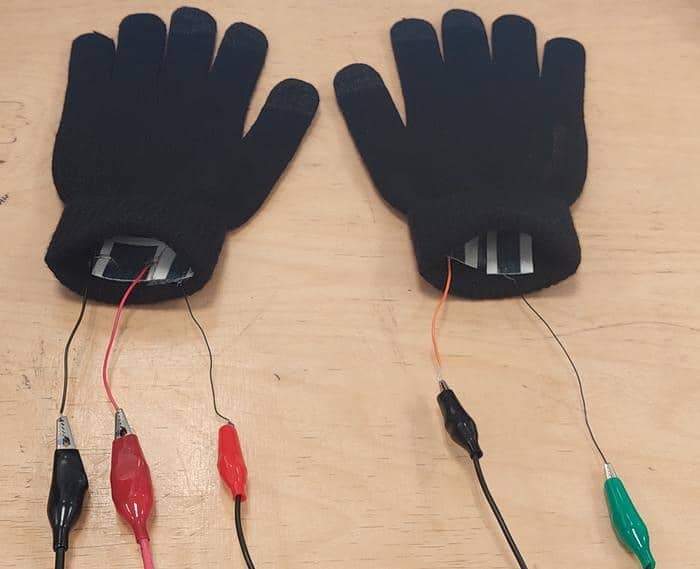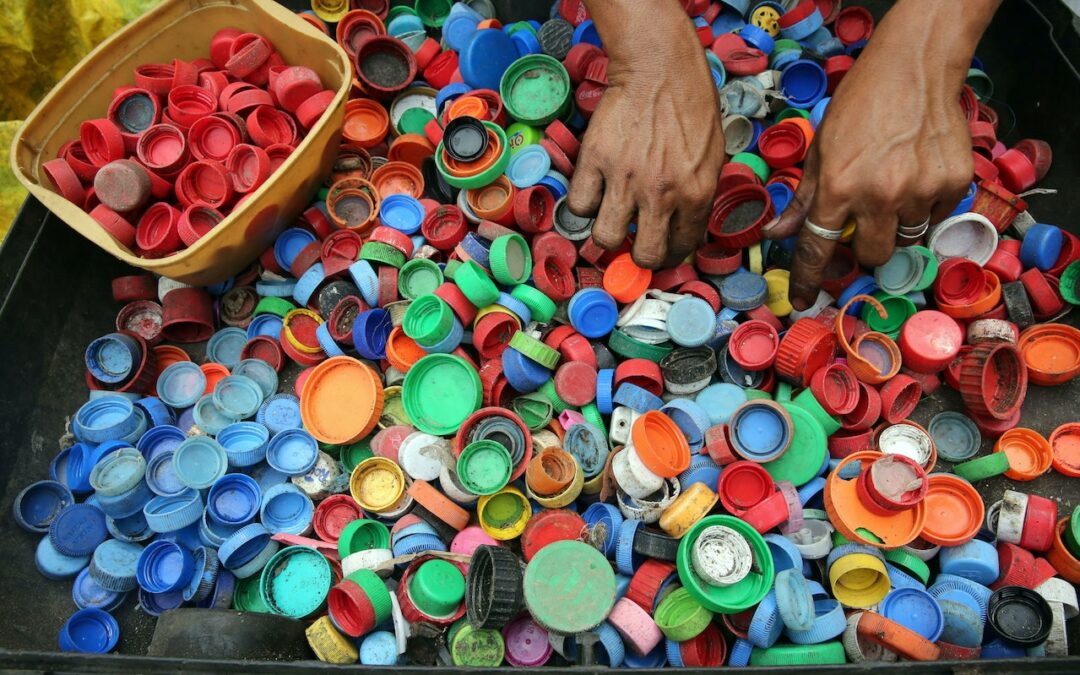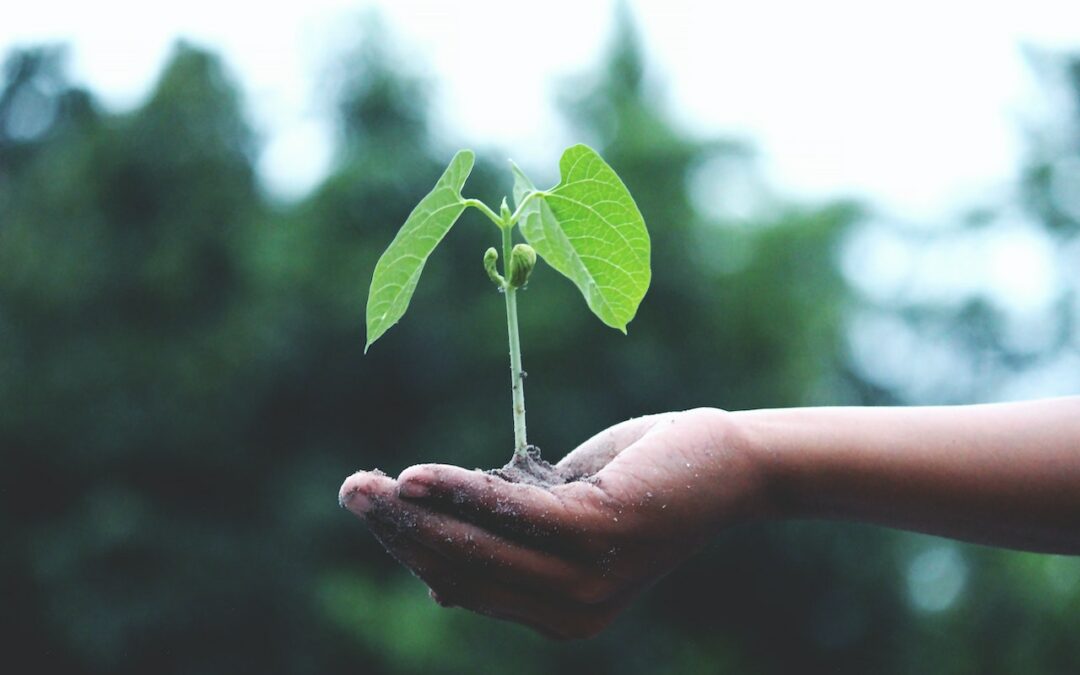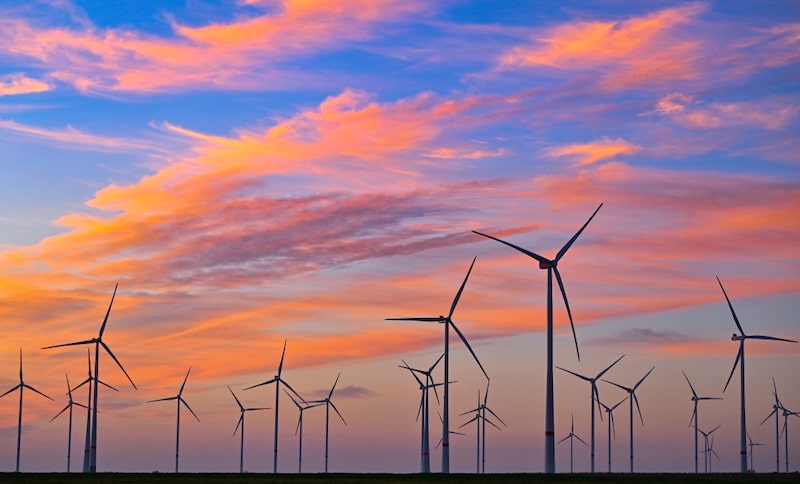
by Komoneed | Jan 9, 2025
In a new study, scientists from University of Southampton, University of the West of England Bristol, University of Exeter, University of Cambridge, University of Leeds and University of Bath have developed a way to make smart, electronic textiles that are also sustainable and biodegradable. The researchers have created ‘Smart, Wearable, and Eco-friendly Electronic Textiles’ (SWEET), […]
The post Scientists Develop Biodegradable E-Textiles appeared first on EcoWatch.

by Komoneed | Jan 9, 2025
Those in the world of recycling know a secret that the average consumer might not be aware of – glass and ceramics are notoriously challenging for the recycling process. Glass and ceramic materials are found abundantly in households, industries, and infrastructures around the world. Think for just a moment of all the times you encounter […]
The post Exploring Solutions for Recycling Glass and Ceramics appeared first on RecycleNation.

by Komoneed | Jan 9, 2025
This post was originally published on The ConversationIn sub-Saharan Africa, high levels of particulate matter (PM2.5) pollution from vehicle tailpipe emissions cause poor health, developmental stunting, and even death. Vehicle emissions also contribute to global...

by Komoneed | Jan 9, 2025
Thirteen regional New South Wales councils have pooled their resources to make the shift to renewable energy via a power purchase agreement (PPA) coordinated by the Hunter Joint Organisation and Mid North Coast Joint Organisation.
The Powering Tomorrow: Regional Councils NSW PPA will secure fixed pricing for the councils up until the end of 2030. Under the agreement, the councils will collectively receive over 390 gigawatt hours of electricity for 163 large council sites and streetlighting.
The participating councils are Bellingen Shire, Berrigan Shire, Edward River, Griffith City, Leeton Shire, Maitland City, MidCoast, Murray River, Murrumbidgee, Muswellbrook Shire, Narrandera Shire, Port Macquarie-Hastings and Upper Hunter Shire.
Over the six years of the agreement, an estimated 83% of the electricity supplied to council sites will be from renewable energy generators in NSW, with nine of the 13 councils opting for 100% renewable energy for the entire term.
The PPA brings various benefits for the participating councils:
Emissions reduction: By opting for renewable energy to power their large sites and streetlighting, the councils will avoid an estimated 185,000 tonnes of carbon dioxide emissions (t/CO2e) over the duration of the agreement. The procurement of renewable energy though this deal will help the councils to decarbonise their operations and progress towards local, state and national net zero targets.
Cost savings and budget certainty: By purchasing as a group, the councils were able to lock in renewable electricity at a competitive price through to the end of 2030, collectively saving an estimated $5.3m compared to their 2024 electricity rates. The deal also shields councils from volatility in the electricity market that can unexpectedly increase costs, providing long-term budget certainty.
Supporting the local economy: Renewable energy purchased under the deal will come from several of Iberdrola Australia’s NSW-based renewable energy projects: the Capital Wind Farm, Avonlie Solar Farm and Bodangora Wind Farm. This will create jobs and foster the growth of new energy sectors, contributing to the development of a sustainable energy future across NSW.
This wide-reaching cross-regional collaboration between the 13 councils would not have been possible without the support of the NSW Government’s Joint Organisation Net Zero Acceleration (JONZA) program. The initiative was also assisted by advisors Sourced Energy, Regional Procurement, Procure Group and Baker Mackenzie.
Image credit: iStock.com/Thinnapob

by Komoneed | Jan 9, 2025
Renewables are now making up a majority of the net public electricity generation in Germany, according to a new report by the Fraunhofer Institute for Solar Energy Systems (Fraunhofer ISE). As Fraunhofer ISE reported, renewable energy sources accounted for 62.7% of the net public electricity generated in Germany in 2024. Wind energy made up the […]
The post Renewable Energy Made Up 62.7% of Germany’s Electricity in 2024 appeared first on EcoWatch.






